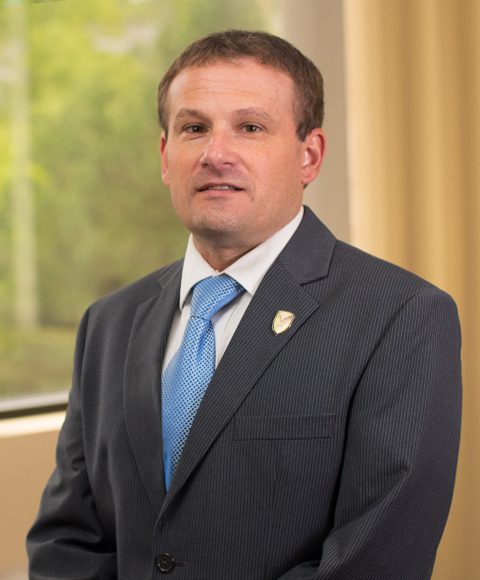Q: Shortly before my father passed away, my sister talked him into leaving me out of a trust he initially created for both of us. What can I do so I don’t get left with nothing?
A: When there are suspicions that someone took advantage of a person who executes a trust, referred to as a “grantor,” the important question is whether undue influence was involved. People with a vested interest in the trust or who are beneficiaries could challenge the validity of a trust that a deceased grantor made during his or her life, known as an “inter vivos” trust. In some cases, interested parties could also initiate trust contest proceedings.
For many who have been left out of a will or trust, undue influence can be an elusive act to prove in court. Circumstantial evidence is used to prove it. New York’s highest court long ago laid out the criteria for undue influence. In the 1877 New York Court of Appeals case of Children’s Aid Soc. v. Loveridge, the court said undue influence “amounted to a moral coercion, which restrained independent action and destroyed free agency.” Ultimately, a grantor or testator is forced “to do that which was against his free will and desire, but which he was unable to refuse or too weak to resist.”
It would not necessarily be an act of asserting undue influence if someone tried to evoke feelings of affection in a grantor or to remind him or her of past acts of kindness or camaraderie. The line is crossed, however, when there is “a coercion produced by importunity, or by a silent resistless power.” In either case “the strong will often exercises over the weak and infirm.” The Court of Appeals added that the motive behind exercising undue influence is “tantamount to force or fear.”
Key to proving undue influence will be testimony and other evidence attesting to the mental capacity of the grantor at the time the trust was created or amended. Medical records may also be helpful in this regard. It is crucial to determine the exact extent of the grantor’s mental alertness and whether any factors, such as medication, might have impaired his or her ability to resist undue influence. As the Court of Appeals noted in another classic case, Rollwagon v. Rollwagon, from 1876, “The amount of influence which will be held sufficient to invalidate a will is dependent upon the strength or weakness ofthe mind of the testator.” A party’s motive for unduly influencing a grantor should also be detailed.
Anyone interested in contesting a trust or who believes a trustee is abusing his or her fiduciary duties should consult with an estate planning attorney.
Greg T. Rinckey, Esq., is the managing partner at Tully Rinckey PLLC, a full-service law firm located in Albany. If you would like your legal question or topic answered in the next issue, contact Greg Rinckey at 5182187100 or grinckey@1888law4life.com.








